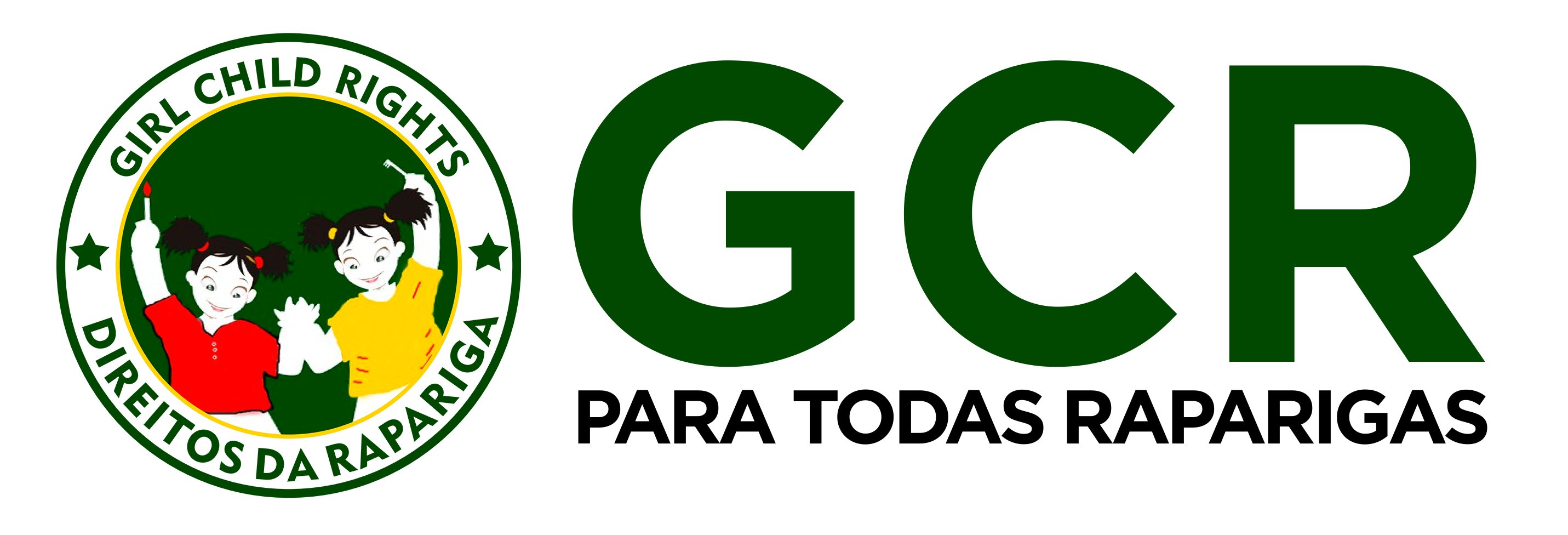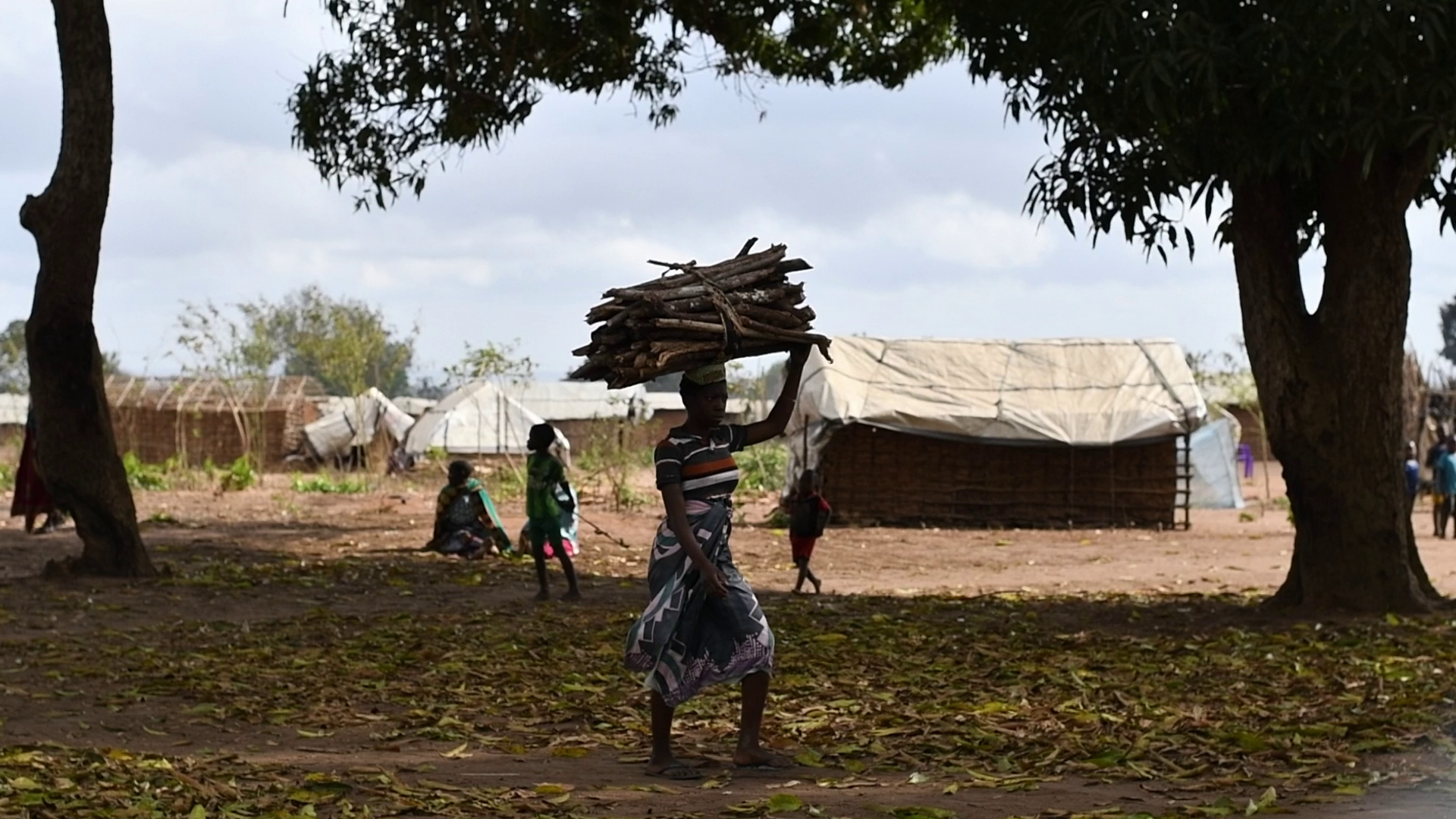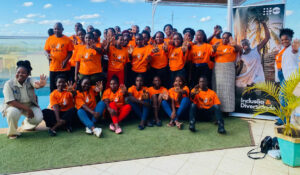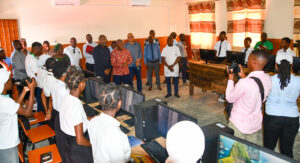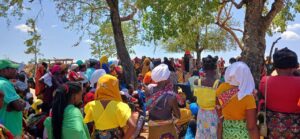“On the early morning of June 22nd, at 4 am, my life changed forever. Insurgents stormed into our village while I was asleep. Startled and terrified, my husband and I fled into the night, leaving behind everything—without food, water, or even a clear destination. We sought refuge in a neighboring village, desperately searching for a safe space to hide from the chaos that had overtaken our home.
The attacks on Mocimboa have altered our community in unimaginable ways. The town we once knew has been torn apart by violence, premature marriages, poverty, and hunger. These challenges have only intensified, leaving scars that run deep within our community.
As an activist, I wake up each morning with a renewed sense of purpose. After completing my daily household chores, I prepare myself for a journey to the safe space—a sanctuary where women like me find solace and security. This safe space is more than just a shelter; it’s a beacon of hope for our community.
Here, women come together to feel safe and supported. Girls learn essential skills such as tailoring, sewing, and crocheting—skills that not only empower them but also provide a means of livelihood. The safe space also serves as a critical support center; when someone faces gender-based violence, we step in to help, connecting them with the police, hospital, or other necessary services.
After my sessions with the girls, I take my work to the wider community. I engage with women, conducting sessions that are more than just conversations—they are lifelines. My work is a part of the broader effort to rebuild our lives, to stitch together the fabric of our community that has been so brutally torn apart.
In the midst of the devastation, this work gives us strength. It helps us to not only survive but to begin the slow, necessary process of healing. Together, we are creating a future where women and girls can live without fear, where they can reclaim their lives and their dignity, one step at a time.”
Learn how safe spaces for women and girls offer opportunities to:
- Learn life skills that empower them economically.
- Receive psychosocial support and access systems to report GBV cases.
- Share experiences and build support networks.
“Voices of Courage” is produced by Girl Child Rights (GCR), a UNFPA partner in Mozambique, with funding from the European Union in Mozambique, the Embassy of Norway to Mozambique, and the United Nations CERF. More than 10,000 women and girls have been reached through four safe spaces established in Mocimboa da Praia, Nangade, Mecula, and Marrupa in Northern Mozambique.
Written by Zadel Maradza
